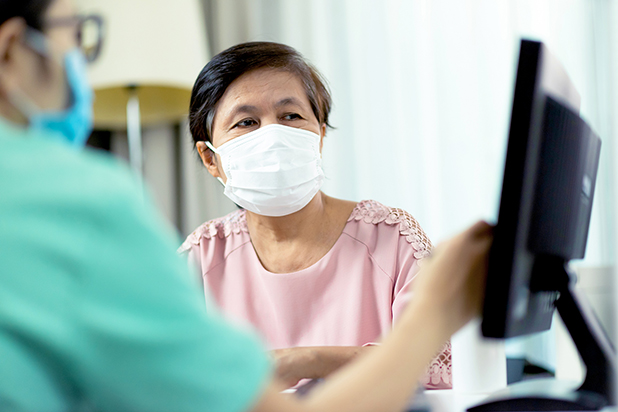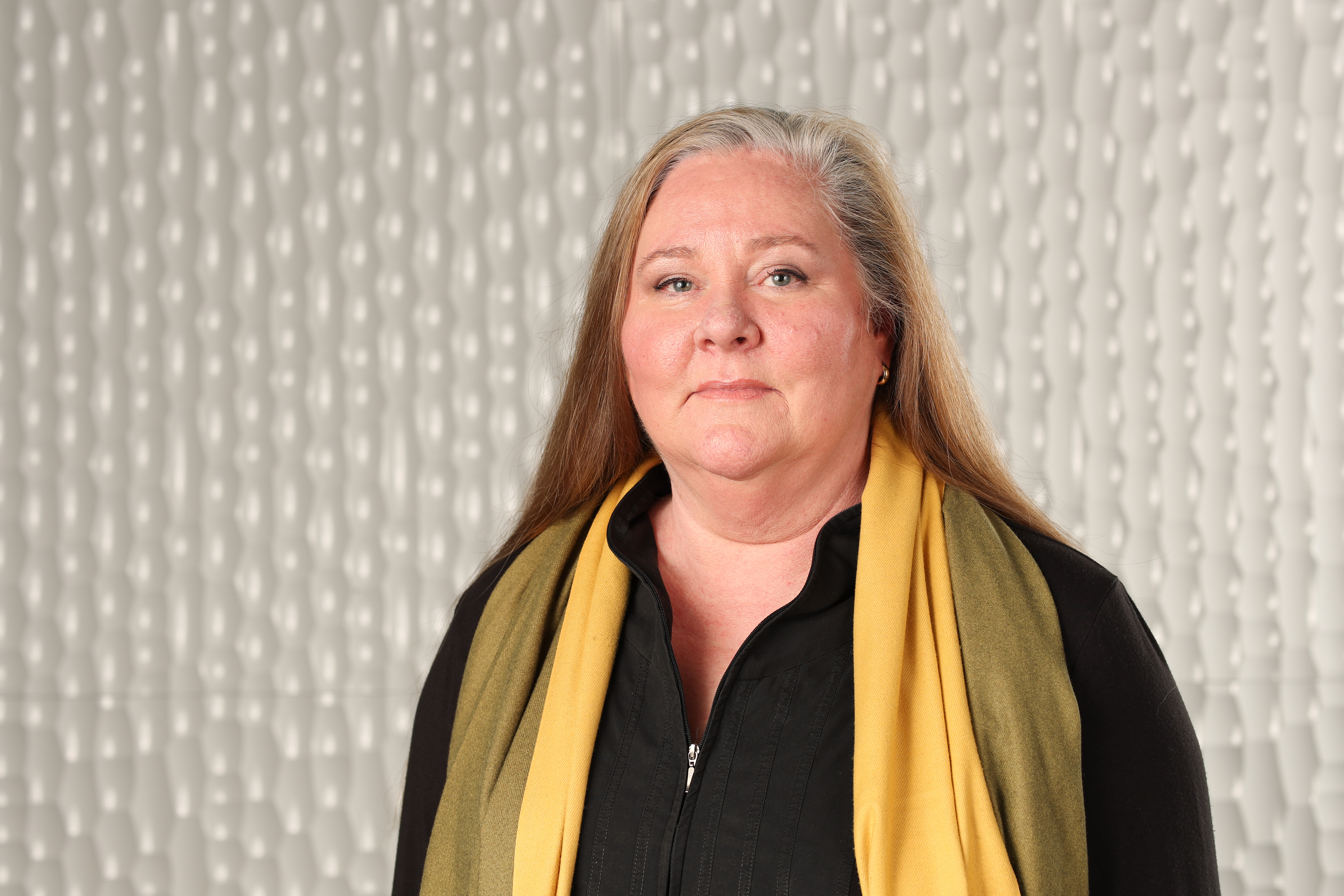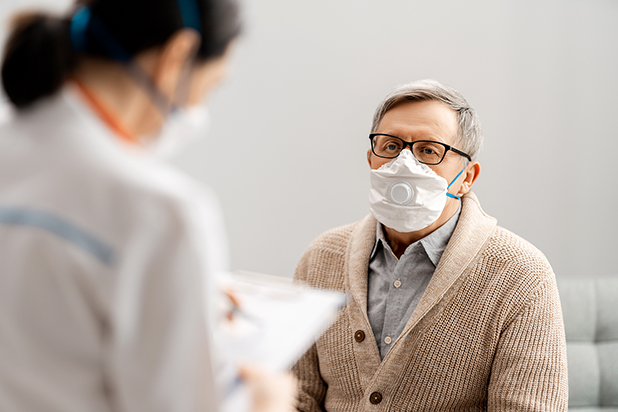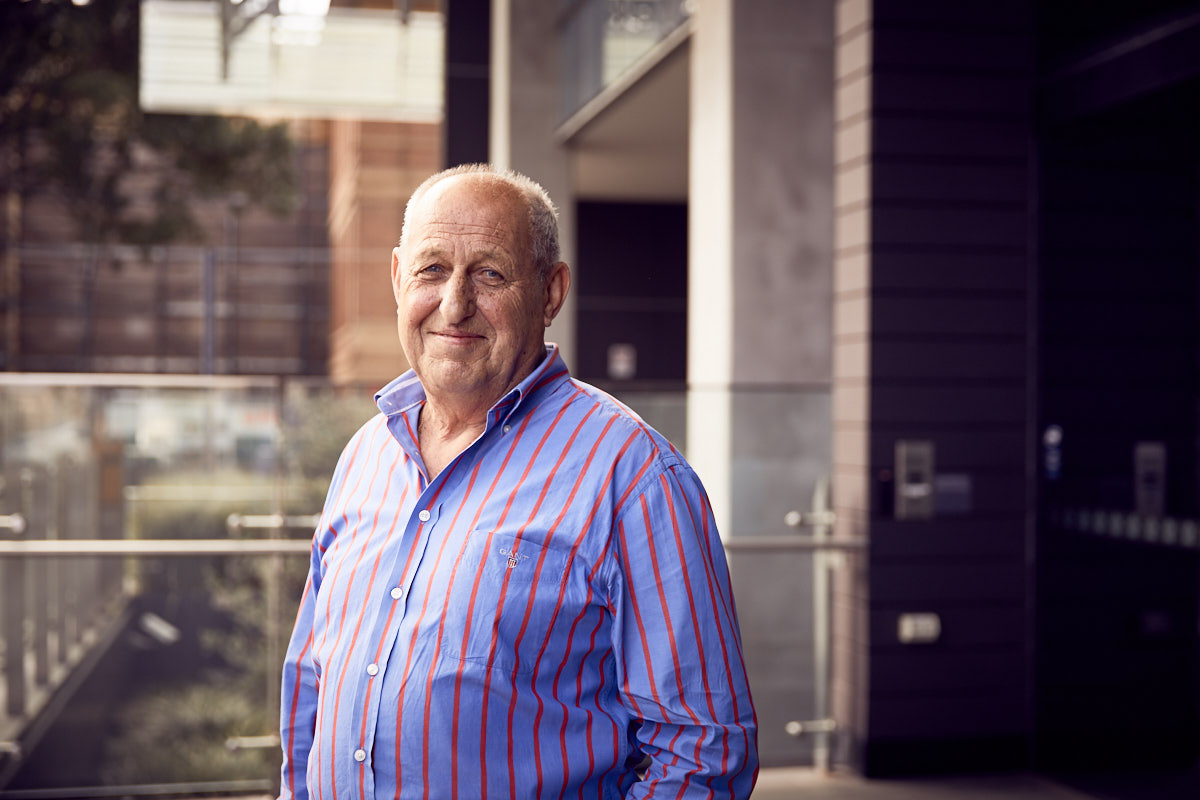
Navigating your treatment options
We are here to help. Find the resources we offer below.
Helping you navigate the Australian healthcare system
Navigating the Australian healthcare system and taking care of your health and medicines can seem overwhelming, but it doesn’t have to be.
It may be that there are different options for your medical condition, so ask your doctor to discuss all your treatment options with you (this may include government funded and non-government funded medicines and treatment options) in a way that you understand, so that you can make an informed decision about your health.
It’s important to talk with your doctor at every step so you can make informed decisions based on what matters most to you and your family. This information is provided as tips and does not replace the advice given to you by your doctor or other members of your health care team.
What is the Pharmaceutical Benefits Scheme (PBS)?
Reimbursed access to medicines for patients in Australia:
The Pharmaceutical Benefits Scheme (PBS) is a program developed by the Australian Government to help people access treatments at an affordable price. People receiving treatment through the PBS will pay the standard PBS co-payment for all medicines, and the Government will pay the rest.
Ask your doctor to tell you whether certain medicines or treatments are available on the PBS for your specific circumstances or medical condition. There may be medicines or treatments that are approved for use in Australia and are not listed on the PBS but this does not mean they aren't available to you.

What are my options if a medicines or treatment isn’t available to me on the PBS?
Your treatment options outside of the PBS:
Not all medicines or treatments approved for use in Australia are available on the PBS. Sometimes, new medicines or treatment options take longer to be listed on the PBS for a certain condition - or they may never be listed on the PBS at all.
It is important to be aware of all the options available to you, including treatments that are not listed on the PBS, or only available through the PBS for later stages of treatment.
Sometimes, a medicines or treatment not currently available on the PBS might be preferred over one that is available on the PBS. Please visit the 'Non-PBS Medicines' tab to uncover what options may be available to you to access non PBS medicines.
You and your doctor will work together to make the right treatment plan for your situation.
There are many medicines and treatments being approved for use in Australia and finding the right one for you can make all the difference.
That’s why it’s important to talk to your doctor about all your options. You may want to get a second opinion from another doctor about your diagnosis and treatment options. For example, getting a second opinion is a common part of cancer care and the doctor who gave you the first opinion will not be offended – they understand it’s your right as a patient to play an active role in decisions about your health.
Getting a second opinion can help you feel confident that you have explored all your options and made the right decision for you and your family.

“It just didn’t feel right when they told me my treatment options. I wanted to know more and so I went for a second opinion – I always say now with regard to your health you need to be actively involved – you need to ask”
Karen - Living with melanoma
Non-PBS listed Medicines
There are some treatments that are approved for use in Australia but may not be available on the PBS. Sometimes, new treatments take longer to be listed on the PBS for a certain condition – or they may never be listed on the PBS at all.
Sometimes, a treatment not currently available on the PBS might be preferred over a treatment that is available on the PBS. If a treatment isn’t available to you on the PBS, there may be other ways to access that particular treatment, those options are discussed below.
Speak with your doctor or healthcare team to discuss whether a treatment not available on the PBS is the appropriate choice for you.

How non-PBS medicines can be accessed:
1. Join a clinical trial
You may be able to access treatments not available on the PBS (usually at no cost) through a clinical trial:
Although there are different types of clinical trials, all trials are designed to see how one treatment works compared to another, or to no treatment at all. If you enter a clinical trial, you will be given one of the treatments, or a placebo, and then monitored over the course of the trial to determine your response.
Ask your doctor about the different types of clinical trials, and if there are any clinical trials that might be suitable for you.
Alternatively, you can visit clintrial.org.au to see a list of current clinical trials in Australia.

Peter living with lung cancer. "I felt well looked after on the clinical trial. Now I'm enjoying spending time with my grandchildren, watching them grow and I'm still getting about on my bike."
2. Join an access program
Medicines not listed on the PBS may be more costly for patients and access programs may help lower the costs of particular treatments:
Some pharmaceutical companies have access programs to help lower the cost of treatments not available on the PBS. Sometimes, treatment is available free of charge for people who meet specific criteria.
Ask your doctor to check with the relevant pharmaceutical company to see if this is an option for you.
3. Use an insurance policy
Some health insurers may cover some or all of the cost of treatments not available on the PBS.
Contact your health fund or insurance company to check what your policy includes. You may also be entitled to claim insurance benefits if your diagnosis impacts your ability to work. Some life insurance policies and superannuation funds will have provisions in place to provide income protection and other support. Contact your insurer or your superannuation fund to find out more about your entitlements.
More information on accessing insurance through your superfund can be found by visiting: https://moneysmart.gov.au/how-life-insurance-works/insurance-through-super
4. Contact patient support organisations
Patient support organisations may be able to provide financial and practical support. For example, you can contact the Cancer Council on 13 11 20 to ask how they might be able to support you.
5. Access superannuation
Some superannuation funds will allow individuals early access to their superannuation for certain reasons, including medical treatment, medical transport and mortgage assistance.
Early or compassionate access to superannuation will differ between funds, so contact your superannuation fund to find out more. The Australian Taxation Office also has some useful information on accessing your superannuation. Visit the ATO website.
6. Pay for the treatment yourself
If you pay the entire cost of a treatment at your own expense, this is called a ‘private script supply’.
Some people also use crowd-funding or fund raising to help pay for their treatment privately.
You can download a copy of non-PBS medicines access options in your preferred language here:
Available for download in 6 different languages:
Advocating for change
Why are some medicines or treatment not listed on the PBS?
A common reason for a medicine or treatment not to be listed on the PBS is lack of evidence of cost-effectiveness. Cost-effectiveness means that the treatment is considered 'value for money' to society at the cost set by the pharmaceutical company. This is based on:
- The benefit of the treatment - how well it works, its safety and cost - compared with other treatments for the same condition
- The number of people expected to be eligible for treatment

What are the benefits of getting new medicines on the PBS faster?
The PBS is a government program that subsidises (pays some of the cost for) medicines to make them more affordable. This means you can get innovative medicines when you need them most. Some benefits include:
1. Improved patient well-being and quality of life. Delaying new medicines on the PBS may affect the well-being of Australian patients and their families.
2. Improved economy. Getting medicines on the PBS faster helps the Australian economy to:
- Lower hospital costs
- Improve our overall economic productivity because people take less sick time away from work and spend less time in hospitals
3. Ongoing advances in medical science mean new treatments are discovered over time. This means that more treatment options are available to you today.
Can I support the PBS listing of medicines and treatments?
YES!
The Pharmaceutical Benefits Advisory Committee (PBAC) meets three times a year, usually in March, July and November.
If you know that the PBAC is meeting to discuss whether to list a specific treatment, you can submit a 'consumer comment' with information about your experience with a medicines or treatment.
Your voice matters.
What else can I do to advocate for faster access to new medicines or treatments?
You can write a letter about your situation to send to your local Member of Parliament (MP).
You might also consider making an appointment to meet with them. Your local MP will be keen to meet with you as one of their constituents (members of their community) and a short meeting lets you share how your condition impacts you and your family. This will help your local member understand the day-to-day issues you confront - and be prepared to advocate about them on behalf of you and others in the community.
You can find out who your local member is by clicking on this link.
You are not alone
Every patient and carer has a story to tell. Let their courage and strength inspire you.

Have a question about an MSD Product or want to report an Adverse Event or Quality Issue?
For medical emergencies please dial 000 immediately.
For advice on medicines or any health-related matters, please contact your Doctor or Health Care Professional
Phone: 1800 818 553
Monday – Friday 8:30 a.m. – 4:30 p.m. AEST
AU-NON-00559 Last updated May 2022